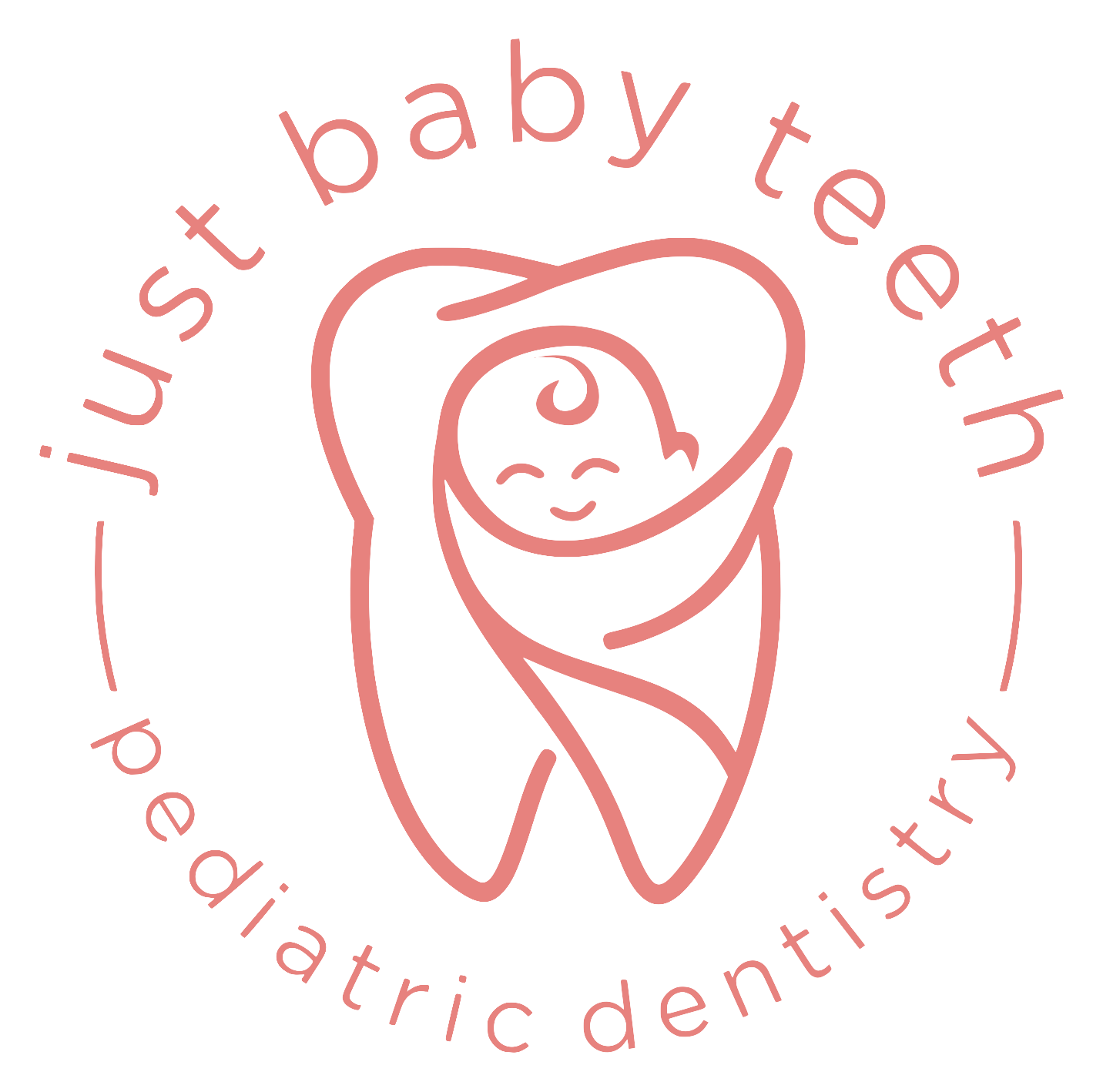Why Does My Child Have Bad Breath? Tips from Your Teaneck Pediatric Dentist
Bad breath in toddlers and young children, known medically as halitosis, can surprise and worry many parents. While temporary morning breath is completely normal, persistent bad breath in your child may signal something more serious. At JustBabyTeeth Pediatric Dentistry, our mission is to help parents become heroes of their child's smile through honest guidance, expert care, and stress-free experiences.
Common Causes of Bad Breath in Kids
Poor Oral Hygiene: The most frequent culprit behind childhood bad breath is inadequate brushing. Food particles left behind become a breeding ground for bacteria, creating unpleasant odors. Make sure you assist your child with thorough brushing twice daily, paying attention to brushing the tongue as well.
Diet and Hydration: Foods with strong odors like garlic, onions, or fish can temporarily cause bad breath. Sugary snacks contribute by feeding oral bacteria, leading to more severe odors. Dehydration also results in dry mouth, reducing saliva that naturally cleans the mouth and neutralizes odors.
Mouth Breathing & Congestion: Children who breathe through their mouth due to nasal congestion or allergies often experience dry mouth, significantly increasing bad breath. Conditions like sinus infections and enlarged tonsils may also lead to unpleasant odors.
Dental or Medical Issues: Tooth decay, gum infections, dental abscesses, tonsillitis, acid reflux (GERD), or sinus infections are common medical and dental conditions causing persistent bad breath. Regular dental checkups help identify these conditions early, providing swift and effective treatments.
How Parents Can Help at Home
Daily Oral Hygiene: Encourage consistent oral care habits, including twice-daily brushing and daily flossing. Supervise your child's brushing until at least age 6–8 to ensure thorough cleaning.
Stay Hydrated: Help your child drink plenty of water throughout the day. Adequate hydration boosts saliva production, keeping the mouth naturally clean and fresh.
Balanced Diet: Limit foods and beverages high in sugar or those with strong odors. Introduce crunchy, healthy snacks like apples and carrots, which naturally help clean teeth and gums.
Regular Checkups: Schedule routine visits at our welcoming office, where we use advanced, child-friendly techniques such as portable X-rays and electronic anesthesia to ensure comfort and positive dental experiences.
When to Seek Professional Care
Home remedies can resolve many cases of bad breath, but sometimes professional intervention is necessary. Reach out to our caring team at JustBabyTeeth Pediatric Dentistry if your child’s bad breath:
Persists despite good oral hygiene practices
Accompanies symptoms such as tooth pain, swollen gums, visible cavities, or dental abscesses
Occurs alongside chronic nasal congestion, sore throat, or fever
At JustBabyTeeth Pediatric Dentistry, we strive to provide transparent, minimally invasive, and stress-free care to address your child's oral health needs. Our fun-themed rooms, prize wall, and TVs on ceilings ensure every visit is enjoyable and anxiety-free.
For personalized care, more information, or to schedule your child's next dental appointment, contact us today or easily schedule online in just two minutes!

